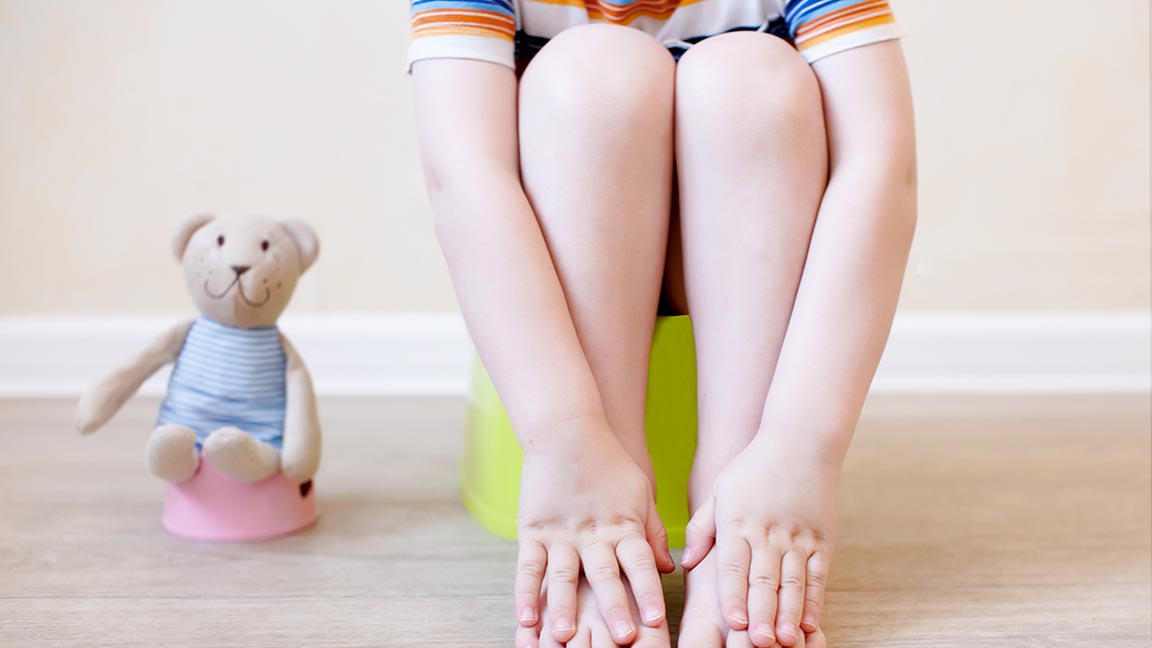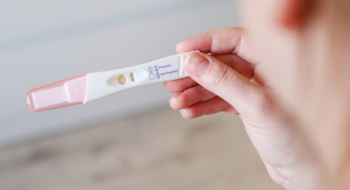Potty-training is a major milestone for little ones but sometimes accidents still happen.
So how should you respond when they occur, and when should you worry your child is exhibiting so-called potty-training regression?
Both questions are commonly brought by parents to Dr. Lucretia Carter, medical director of pediatrics at Tidelands Health.
“Bathroom accidents are extremely common and don’t necessarily mean that your potty training hasn’t been effective,” says Dr. Carter, who practices at Tidelands Health Pediatrics in Myrtle Beach.
Relax
The first thing to do in case of an accident, Dr. Carter says, is take a deep breath and remember that nearly every parent encounters soiled britches after they thought they were done with potty training.
In fact, you almost certainly gave your parents the same scare when you were little.
Dr. Carter says it’s best to avoid making a big deal about accidents.
“Kids pick up on your anxiety and disappointment, and it can make the problem worse instead of better,” Dr. Carter says.
When accidents happen, calmly tell your child that you’ll help get them cleaned up then move on. Remember it’s normal for a child to have occasional or short-lived streaks of accidents – perhaps several times over the course of one week but not the next.
Possible causes
If your child is experiencing recurring accidents, Dr. Carter says there are a few common causes:
The child may not be quite old enough to stay consistent. Who wouldn’t love to have a 2-year-old who never has accidents? But the younger a child is, the harder it is for the child to make it to the potty every time they need to go. Remember children are inundated with new things to learn and explore that can easily distract a child from going to the potty.
In some cases, the child may not be developmentally ready to sustain potty training. In that case, you may need to return to diapers or training pants temporarily. If this occurs, remain positive with your child.
The child might be stressed. Is there a change in your child’s life that happened around the same time as the accidents? A new day care routine, a new home or maybe a change in family dynamics, such as the birth of a new brother or sister? Stress or anxiety can cause a child to have accidents or regress.
Your child could have a medical condition. If your child is experiencing a medical condition such urinary tract infection or constipation, the child may struggle to maintain a regular bathroom routine. If you suspect a medical condition, be sure to speak to your child’s pediatrician or family medicine physician.
What to do
If your child is struggling with accidents, here are a few ways to help your child:
Go back to the basics. Did you use a timer, a sticker chart or some other reward to help establish good bathroom hygiene? Consider dusting off whichever method you used initially to encourage potty training.
Don’t leave home without going. Little bladders can’t hold as much as big ones. Any time you leave the house, encourage a potty visit. You also may want to offer gentle reminders at other times, such as when your child is playing and may not otherwise stop for a needed bathroom break.
Keep track. Consider keeping track of when accidents occur, which may help you identify the cause. Are they random, always at the same time of day or associated with a certain type of activity?
Seek help. If you have any concerns about your child’s potty training, don’t hesitate to reach out to your care provider for help, Dr. Carter says. Your pediatrician or family medicine physician works regularly with parents and children facing potty training challenges and can provide expert advice and support.
“Potty-training can be frustrating for parents, especially when a child seems to lose ground,” Dr. Carter says. “But like with so many things as we grow up, it’s not necessarily a linear process. For every few steps forward, you may take a step back, but you’ll get there eventually.”

Dr. Lucretia Carter
Pediatrician, Tidelands Health Pediatrics
Bio
Dr. Lucretia Carter is a pediatrician who practices at Tidelands Health Pediatrics at Holmestown Road in Myrtle Beach.
Learn MoreMedical Education
Education
Howard University College of Medicine
Residency
Albert Einstein Medical Center
Awards
Board certifications:
- American Board of Pediatrics
Meet the Expert
Dr. Lucretia Carter
Dr. Lucretia Carter is a pediatrician who practices at Tidelands Health Pediatrics at Holmestown Road in Myrtle Beach.





